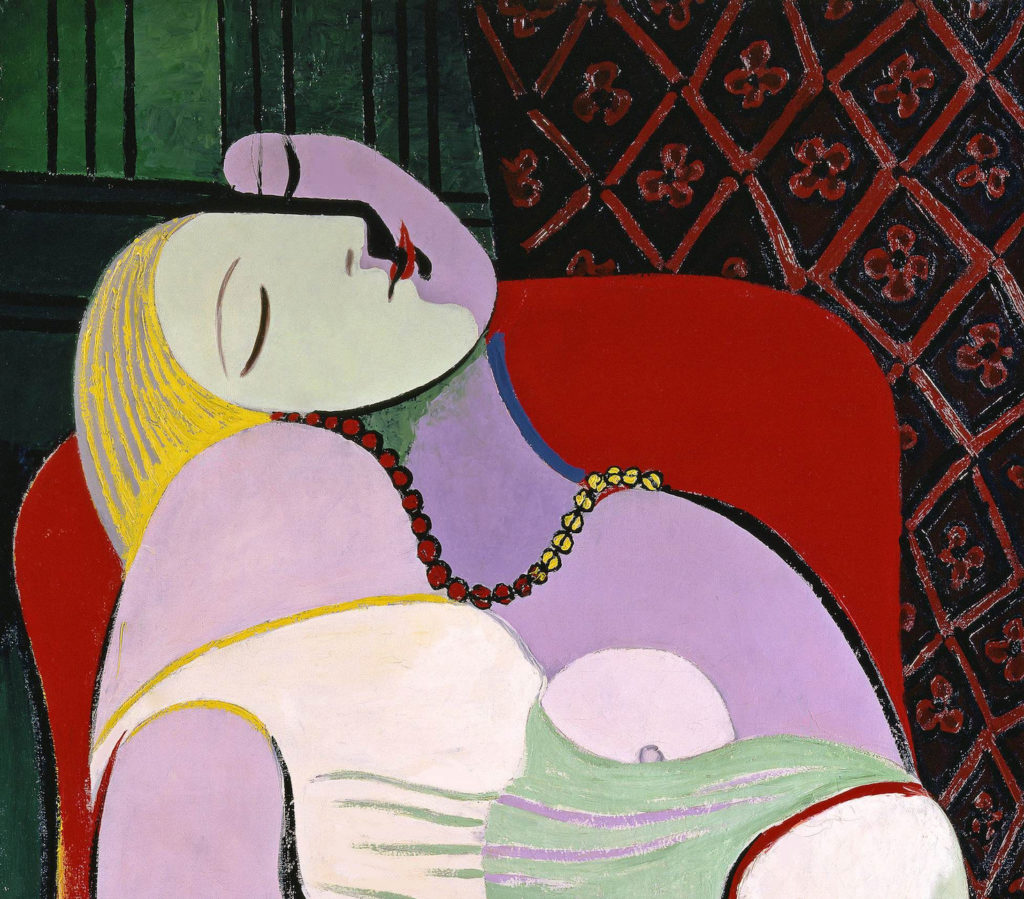Art & Exhibitions
Tate Modern to Stage Show Devoted to Picasso’s Affair With Marie-Thérèse Walter
The ambitious exhibition will focus on one tumultuous year in Picasso's life.

The ambitious exhibition will focus on one tumultuous year in Picasso's life.

Lorena Muñoz-Alonso

Tate Modern is planning a “once in a lifetime” exhibition in collaboration with the Picasso Museum in Paris that will gather some of the biggest masterpieces created by Pablo Picasso during a pivotal period in his life.
Titled “Picasso 1932 – Love, Fame, Tragedy,” the show will focus on a specific moment in Picasso’s oeuvre, at the height of his passionate love affair with Marie-Thérèse Walter. Picasso met the young French woman, who became one of his most enduring models and muses, when he was married to his first wife, the Russian ballerina Olga Khokhlova, mother of his son Paulo.
The show—which will launch at the Paris museum in October this year, before arriving to London in March 2018—takes 1932 as a starting point. Organized according to months, the exhibition will gather over 100 paintings, sculptures, and works on paper, many of them featuring Walter, who inspired a new level of eroticism and tenderness in the work of the legendary artist.
Chief among them is the 1932 masterpiece Le Rêve (The Dream), in which a luminous Walter sits on a red armchair with her left breast exposed; her eyes closed and her head titled to one side, she’s smiling in reverie.
Le Rêve, which according to The Guardian was sold in 2013 by Las Vegas casino magnate Steve Wynn to the collector and hedge fund manager Steven A Cohen, has never been shown in the UK. Wynn allegedly elbowed the masterpiece shortly before the sale, but it was perfectly restored and bought by Cohen for what was then thought to be the highest price paid by a US collector for an artwork.
Other 1932 Picasso masterpieces featuring Walter that will be displayed in the show include Nude, Green Leaves, and Bust—which sold for $106 million in 2010 at Christie’s New York, according to the artnet Price Database—and Jeune fille devant un miroir (Girl before a Mirror), which rarely leaves New York’s Museum of Modern Art.
Picasso met Walter in 1927 in Paris, in front of the Galeries Lafayette, when the artist was 45 and the model was 17. According to art history lore, Picasso saw Walter as she exited the subway station and shouted at her: “I’m Picasso! You and I are going to do great things together.”
Their personal and professional relationship lasted almost a decade, and in 1935, Walter gave birth to their daughter, Maya Picasso (later Maya Widmaier-Picasso).
In 1932, Picasso was torn between looking after his wife and son and indulging in his secret and all-consuming love affair. Having turned 50, it was also an intense year professionally speaking, during which he embarked on the first volume of an ambitious catalogue, listing more than 16,000 paintings and drawings, and was the subject of a battle between Parisian dealers who wanted to stage the first retrospective dedicated to his work. The exhibition will address this unique moment in the artist’s life, characterized by turmoil and contrasts.
“Picasso famously described painting as ‘just another form of keeping a diary.’ This exhibition will invite you to get close to the artist, to his ways of thinking and working, and to the tribulations of his personal life at a pivotal moment in his career,” said Achim Borchardt-Hume, Tate’s director of exhibitions and co-curator of the show, in a statement. “By showing stellar loans from public and private collections in the order in which they were made, this exhibition will allow a new generation to discover Picasso’s explosive energy, while surprising those who think they already know the artist.”